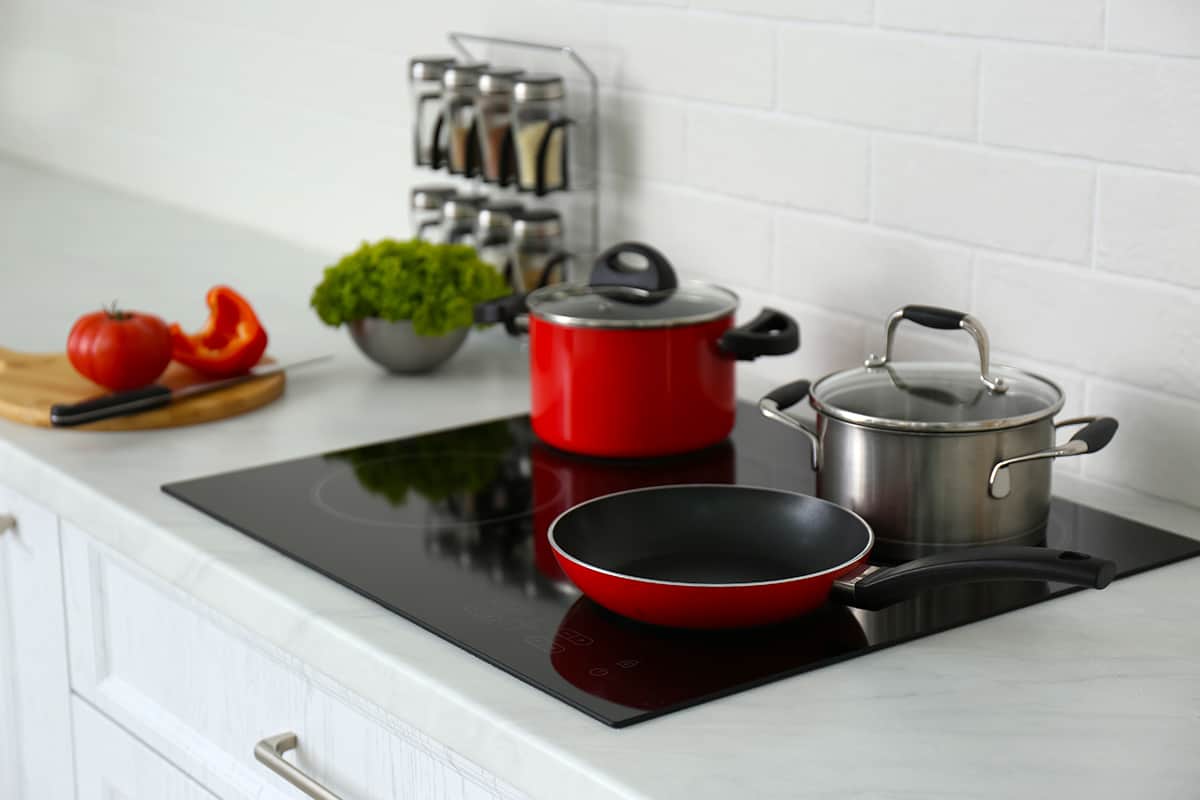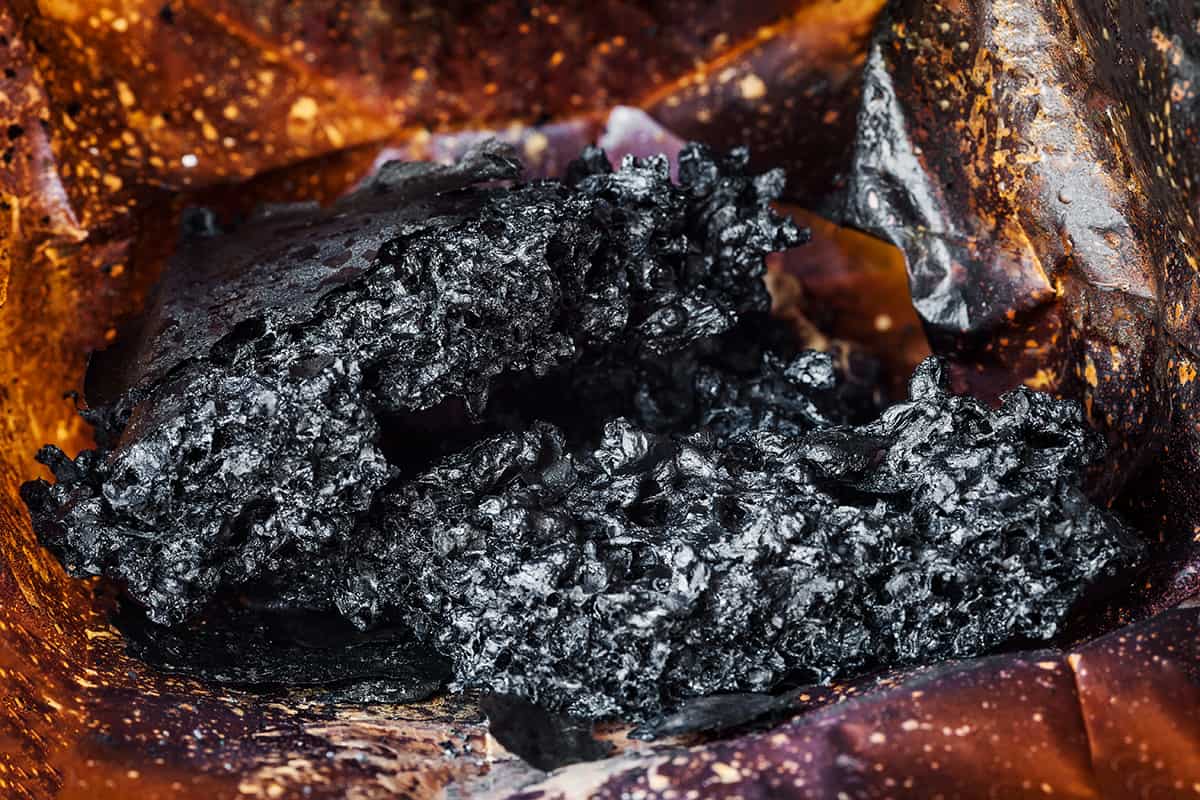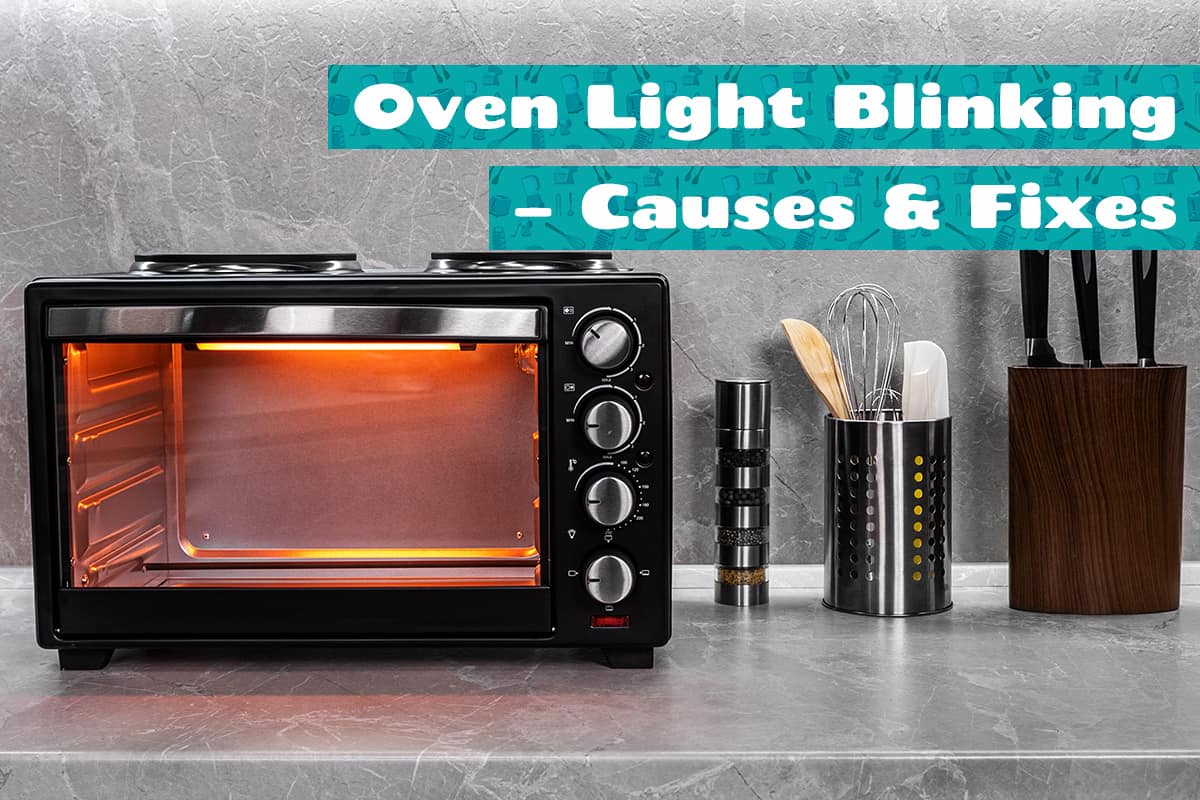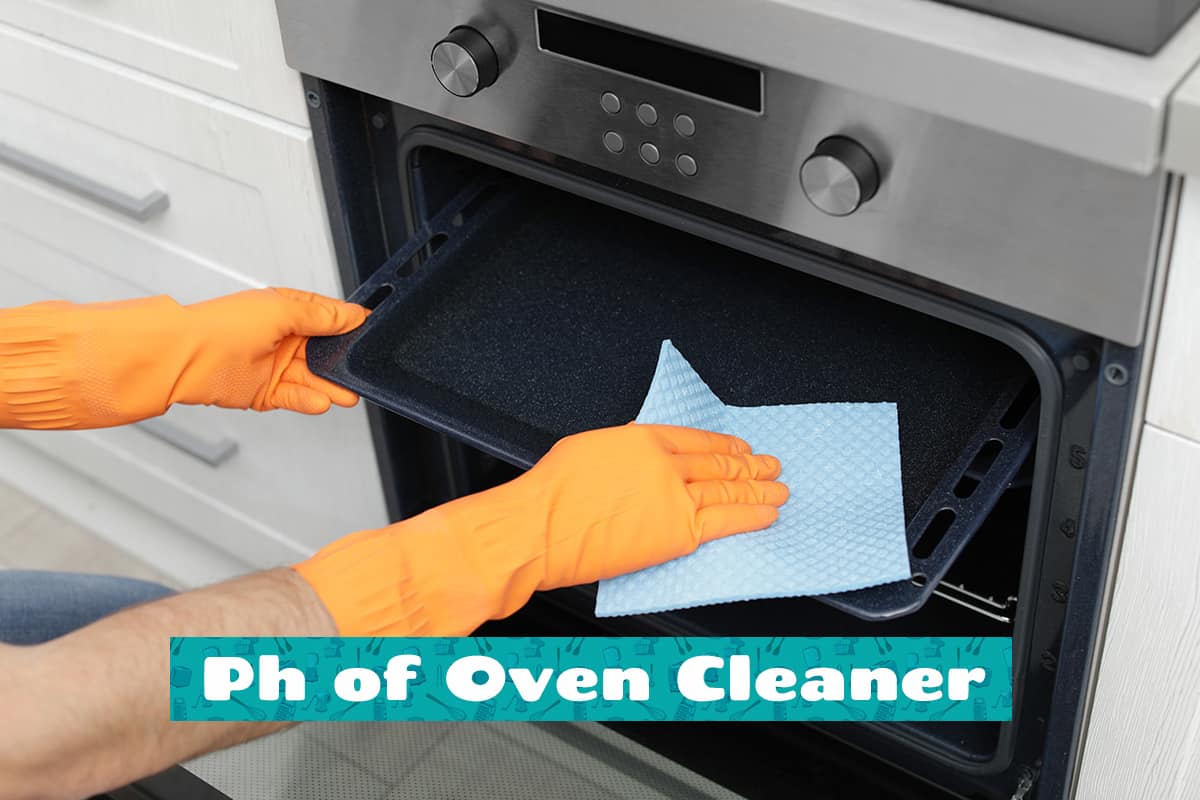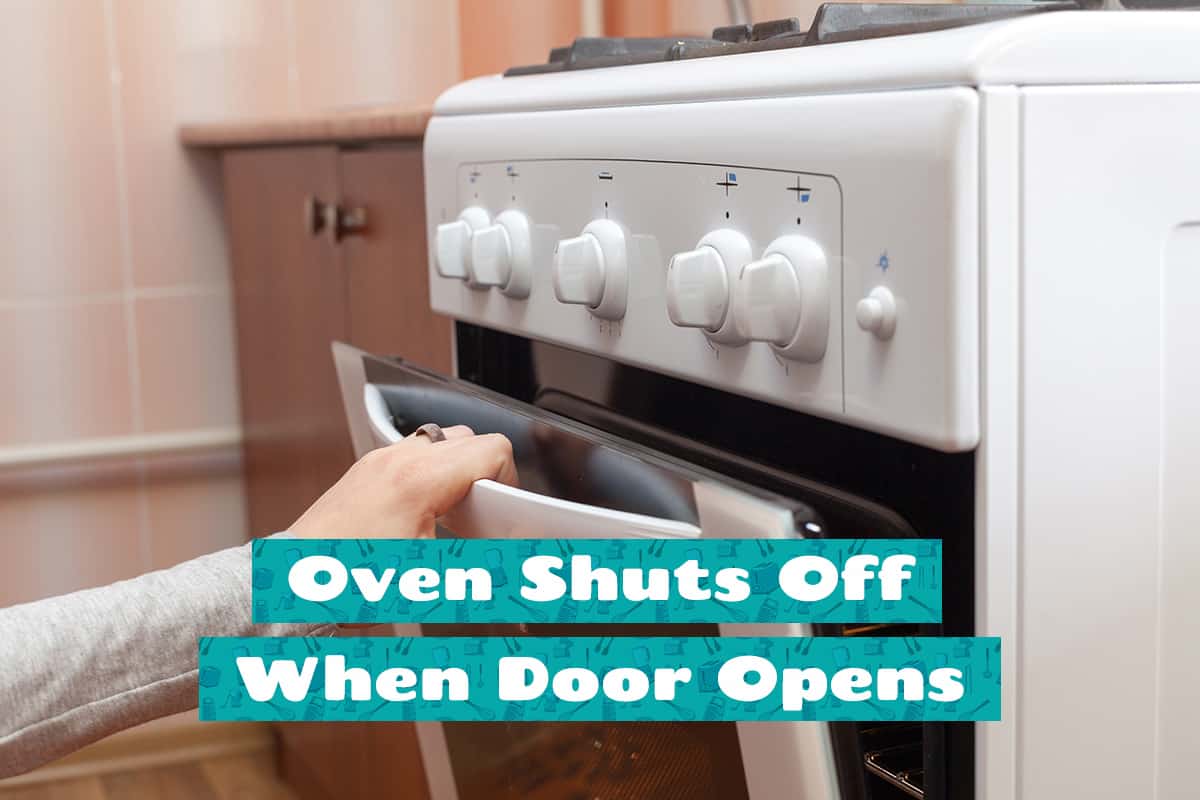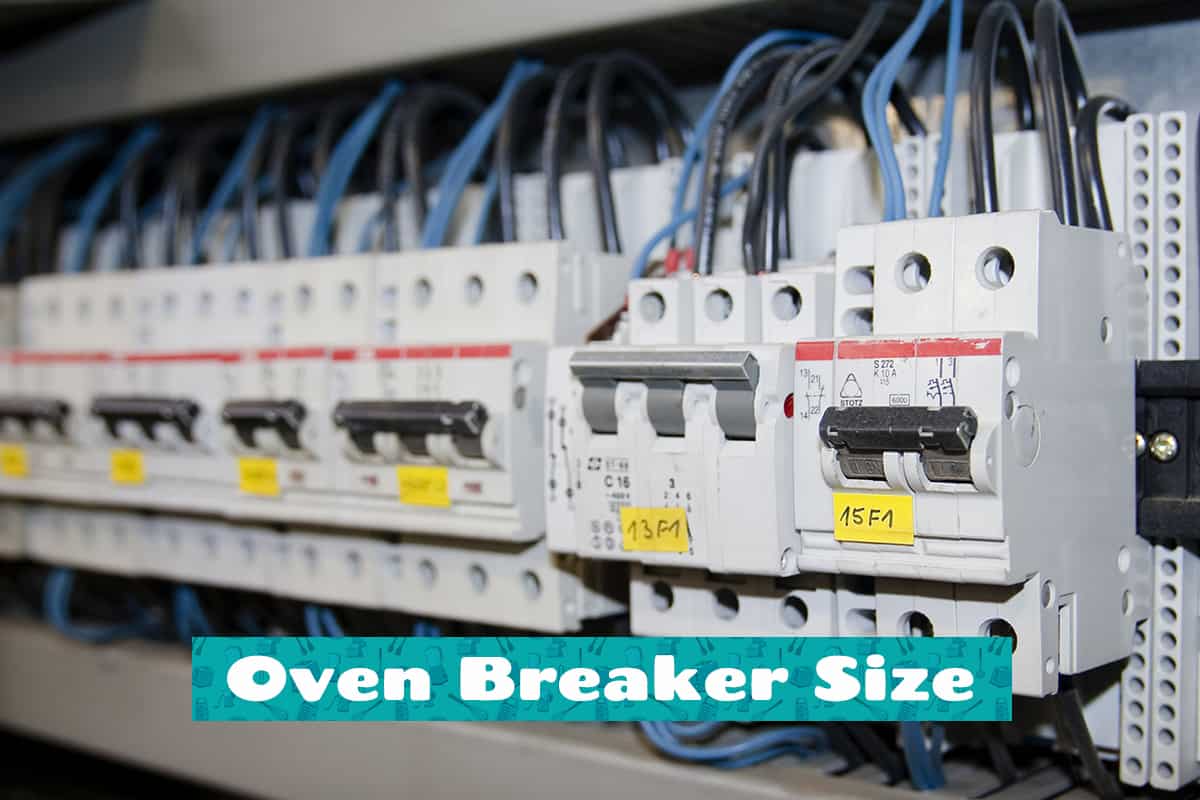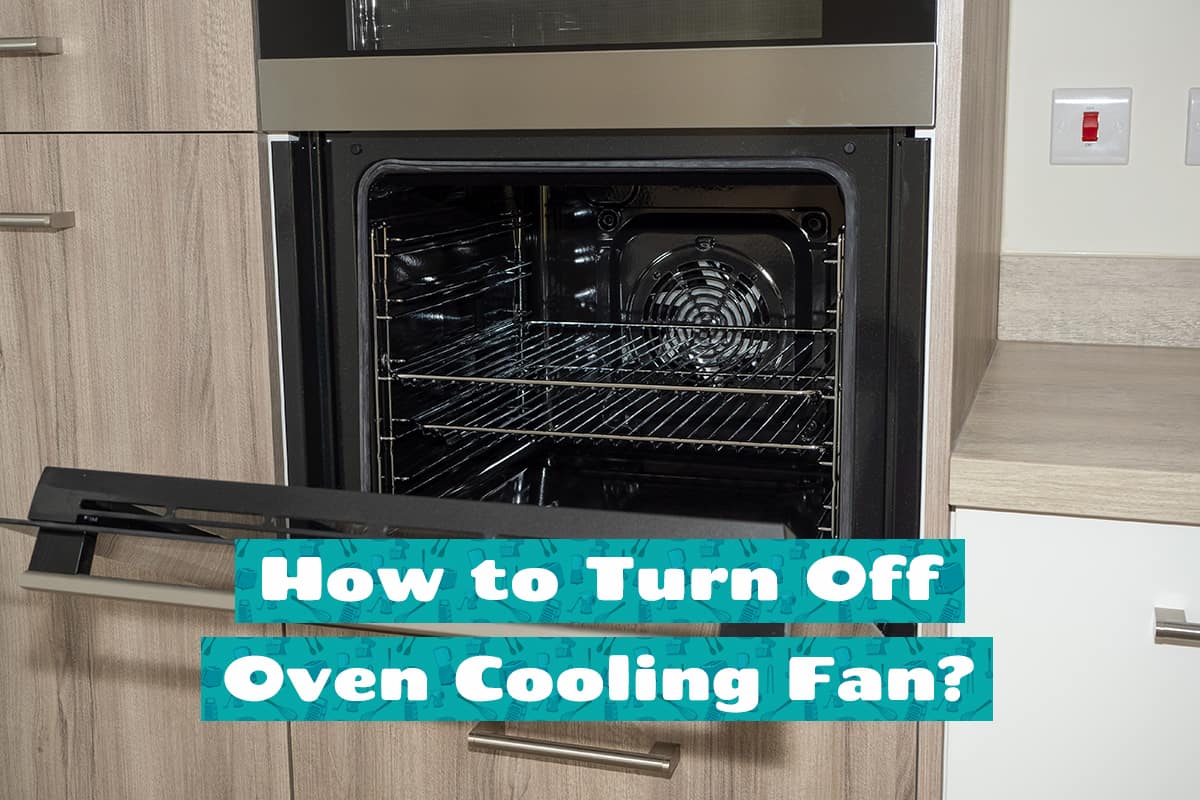Induction cooktops, with their advanced technology and efficient heat transfer, have become an increasingly popular choice in modern kitchens. They offer a unique blend of speed, control, and energy efficiency, making them a worthwhile investment for homeowners. However, as with any major appliance, one crucial question persists: how long do they last?
On average, induction cooktops last between 10 to 15 years or as long as 2,500 hours of daily usage. Their lifespan is largely determined by factors such as:
- Quality of the cooktop
- Regular maintenance and cleaning
- Environmental conditions and installation quality
- Unexpected damages
Today, we will look into the lifespan of induction cooktops, factors that affect it, and tips to extend it.
What Makes Induction Cooktops Special?
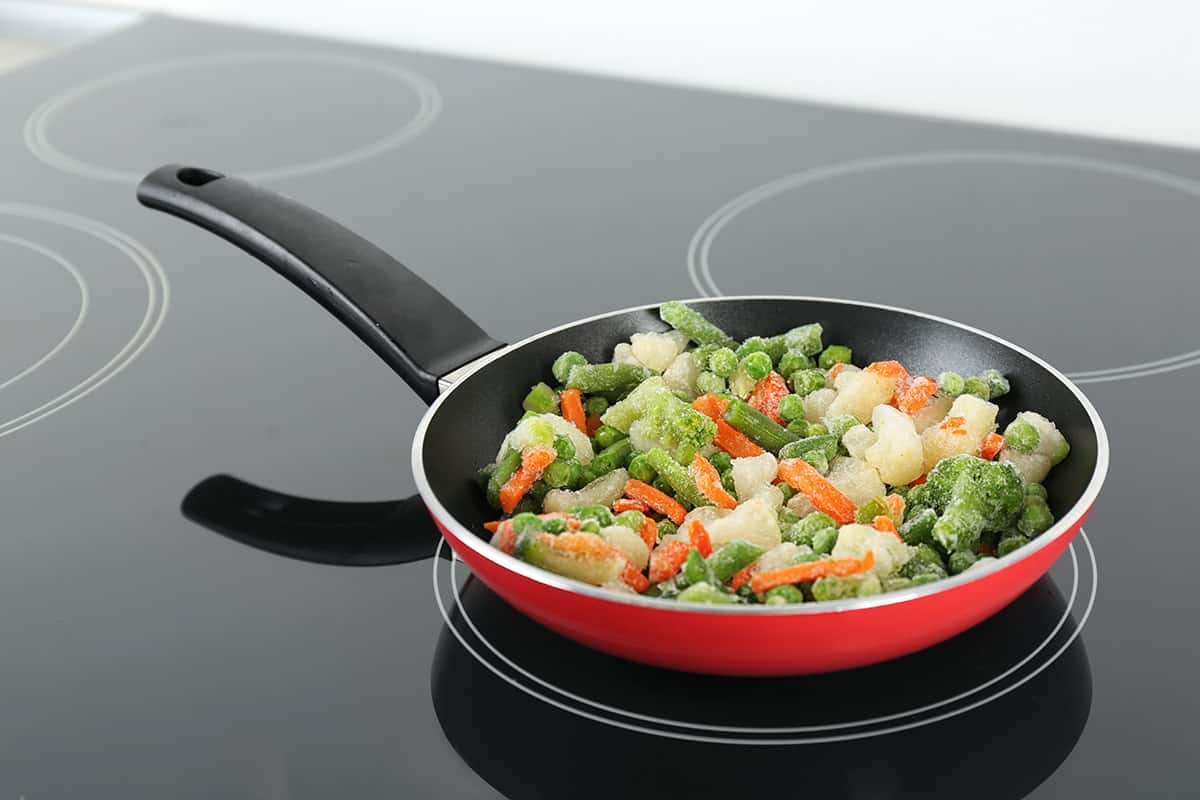
Induction cooktops have become the favored choice for many homeowners due to their unique features and benefits. Unlike traditional gas or electric stoves, they use a magnetic field to heat your cookware directly, making them incredibly efficient.
1. Speed and Efficiency
Induction cooktops heat up almost instantly, allowing for faster cooking times. They also lose less heat in the cooking process, which makes them more energy-efficient and keeps your kitchen cooler.
2. Control and Safety
Induction cooktops offer excellent temperature control, comparable to gas stoves. The surface remains relatively cool, reducing the risk of burns and making it easier to clean.
3. Design and Functionality
Sleek and modern induction cooktops can seamlessly fit into any kitchen design. They only heat where the pan sits, providing more usable space and flexibility with pan sizes.
4. Durability and Lifespan
While induction cooktops might require a higher initial investment, their durability, and long lifespan can make them a cost-effective choice in the long run. Regular maintenance and careful use can further extend their service life.
Induction Cooktop Lifespan
Typically, induction cooktops can last between 10 to 15 years, with some people claiming theirs can last for up to 2,500 hours of daily use. This range can vary depending on several factors, such as the quality of the cooktop, frequency of use, maintenance practices, and environmental conditions.
Lifespan also varies by manufacturer. Renowned brands like Bosch, Samsung, and Whirlpool build their cooktops to last. The warranties offered, typically lasting for 12 months, serve as a general indication of the product’s expected lifespan.
Factors Affecting the Lifespan of Induction Cooktops
The numbers mentioned above are only estimates that are affected by several factors, including:
1. Quality of the Induction Cooktop
The quality of your induction cooktop plays a significant role in its longevity. Higher-end models typically feature superior materials and construction that resist wear and tear better. Reputable brands often provide more reliable performance and have been tested for longer endurance.
2. Usage and Maintenance
Your cooktop’s lifespan is directly linked to how you use and maintain it. Heavy use can speed up wear and lead to quicker deterioration. Regular cleaning after each use prevents stubborn grime build-up, which can cause damage over time. Avoiding the use of abrasive cleaners and tools is crucial to preserving the cooktop surface. Proper care also includes respecting the weight and size limits of cookware to prevent unnecessary strain on the cooktop.
3. Installation and Environment
Professional installation ensures your cooktop is correctly wired and grounded, which is crucial for its overall performance and longevity. Similarly, the environment in which your cooktop operates can also impact its lifespan. Extreme temperatures and high humidity can potentially damage its electrical components. Additionally, voltage fluctuations and power surges can negatively affect its electronic parts.
4. Unexpected Damages and Repairs
Accidental damages, like dropping heavy items on the cooktop or liquid spillage, can result in immediate harm and shortened lifespan. A prompt and professional repair can often restore the cooktop’s functionality and prevent further damage. Regular check-ups can also help detect minor issues before they become major problems, extending the cooktop’s life.
Extending the Lifespan of Your Induction Cooktop
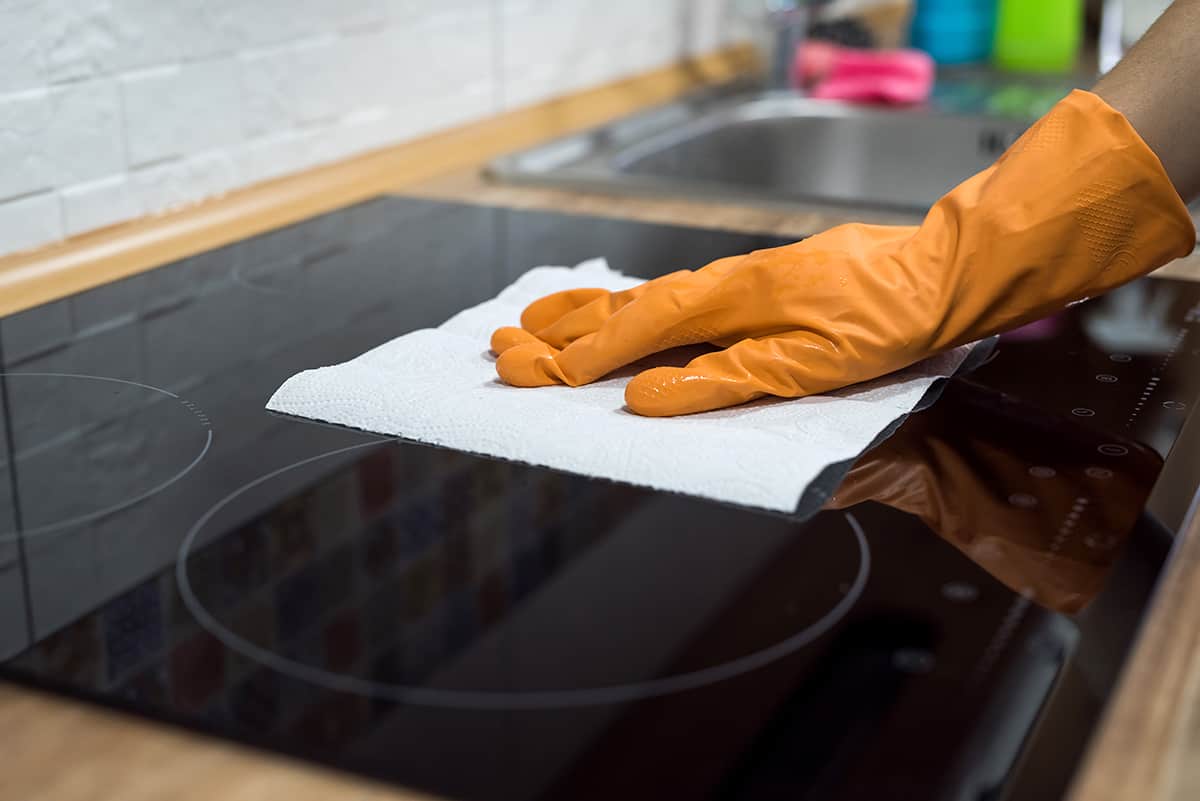
To maximize the benefits of your induction cooktop, there are ways to extend its lifespan. Proper use, care, and preventive measures can significantly enhance its longevity and efficiency.
Best Practices for Daily Use
- Right Cookware: Use cookware designed for induction cooktops. They should have a flat bottom and be made from magnetic materials like cast iron or magnetic stainless steel. The right size, typically the same as the cooktop’s ring, also contributes to efficient heat transfer and less wear on the cooktop.
- Safe Use: Avoid using your induction cooktop as a surface for other tasks. Don’t place non-cooking items like keys or utensils on it. This prevents potential scratches or damage that could impact its performance.
- Temperature Settings: You should learn about temperature settings for different types of cooking. Extreme heat settings used unnecessarily can cause premature wear and tear.
Routine Cleaning and Maintenance Tips
- Regular Cleaning: Wipe your cooktop after every use with a soft, damp cloth to remove spills and splatters. Let it cool down before cleaning.
- Deep Cleaning: For stubborn stains, use a cooktop cleaner recommended by the manufacturer. Always follow the product instructions and avoid abrasive cleaning tools.
- Inspection: Regularly inspect your cooktop for any signs of wear, damage, or malfunction. Early detection can prevent small issues from escalating into major problems.
Preventing Common Damages
- Scratch Protection: Never slide or drag cookware across the cooktop. Always lift pots and pans to move them.
- Spillage Control: Avoid overfilling pots to prevent spills. If spills occur, especially sugary substances, clean them immediately once the cooktop is safe to touch.
- Weight Management: Don’t place excessively heavy items on the cooktop to avoid pressure damage.
Care During Absences
If you’re planning to be away from home for a long period, it might be wise to turn off the power supply to your cooktop. This protects it from potential damage due to unexpected power surges.
FAQs
1. What’s the longest-lasting induction cooktop brand?
While the lifespan of an induction cooktop depends largely on use and maintenance, the quality and durability of certain brands can contribute to longevity. Brands like Bosch, GE, and Samsung are known for their long-lasting induction cooktops. These manufacturers often use high-quality materials and advanced technology, resulting in a robust and durable product.
However, there may also be lesser-known brands that create high-quality induction stovetops. The key is to look around and do some research (what features you want, warranty length, etc.) before making the final purchase decision.
2. How can I tell if my induction cooktop is failing?
Induction cooktops, like all appliances, exhibit certain signs when they are nearing the end of their lifespan or need repair.
- Inconsistent Heating: If your cooktop no longer heats consistently or the heat fluctuates unexpectedly, it may be failing.
- Non-Responsiveness: If the cooktop doesn’t respond to controls or doesn’t turn on at all, it could be a sign of failure.
- Frequent Error Codes: Many induction cooktops have self-diagnosis systems and display error codes for specific issues. Frequent or persistent error codes can indicate a problem.
- Cracks or Damage: Visible cracks or damage on the cooktop surface can affect its functionality and are signs of wear and tear.
3. What can damage an induction cooktop?
Several factors can cause damage to an induction cooktop.
- Incorrect Cookware: Using non-induction or low-quality cookware can lead to inefficient cooking and potential damage to the cooktop surface.
- Physical Impact: Dropping heavy objects, such as pots or pans, can crack the glass surface.
- Scratches: Using the cooktop as a cutting board, or dragging pots and pans across it, can cause scratches.
- Spills: Certain spills, particularly sugary substances, can create stubborn stains or even cause pitting on the glass surface if not cleaned promptly.
- Overheating: Leaving an empty pan on a high heat setting or using excessively high heat unnecessarily can cause overheating, which may damage the cooktop over time.
